Barbaren (2020)
https://www.imdb.com/title/tt9184986/?ref_=fn_al_tt_1
Very fitting in its setting for this forum,
Barbaren retells the accounts around the Battle of the Teutoburg Forest in 9 A.D., which led to one of the most disastrous Roman defeats in history and stopped the Empire‘s expansion into the north for good.
During the reign of Emperor Augustus the Roman cavalry officer Arminius returns to his Germanic homelands to support governor Publius Quinctilius Varus. Son of a tribal chieftain, Arminius had in young years been given to Rome as a hostage to ensure the peace. Facing the brutality of Roman occupation, he falls into a grinding nature vs nurture conflict, in which conclusion he leads the tribes against their oppressors.
Influential to this is Thusnelda (Jeanne Goursaud), who does not only witness her fellow tribesmen and -women being crucified for insurrection, but is to be married to a rivalling chieftain against her will.
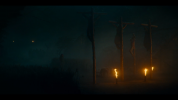
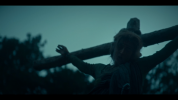
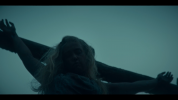
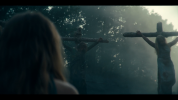
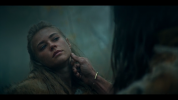
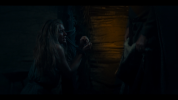
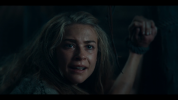
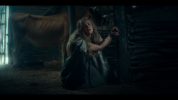
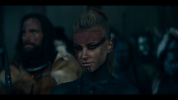
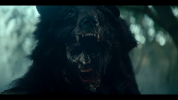
The series’ most striking feature is its consequent sticking to the language barrier. The Italian actors as Romans speak Latin, the German actors as Germanic people speak modern High German as a substitute to the ancient dialects or are dubbed for foreign audiences. I’ve watched some episodes in the well-done English dubbing. The German original, however, suffers from heavy-handed dialogues and an inconsistency in tone which has trouble deciding between colloquial and epic.
Production value ranges from luke-warm to decent. Especially Roman armour and the Germanic settlements do look authentic. On the other hand, there hasn’t been enough in the budget for a single establishment shot of ancient Rome during Arminius’ flashback scenes.
And for the history buffs amongst us:
The amount of historical details being butchered is almost as high as that of Roman legionnaires. All key characters, with the exception of the warrior Folkwin, can be found in records. But Arminius was most certainly not the adopted son of Varus. In my quick search on this topic I could not even find any hints that they had known each other before Germania. Many events had been streamlined to fit into the show’s format and the audience’s expectations. This also concerns the battle itself, which in reality had taken place over the course of several days, but is compressed to twenty minutes of screen time. On the upside, although stylised in its own way, it spares the viewer any choreographic BS. Just horned berserks and half-naked shield maidens going ape-shit on increasingly disintegrating Roman lines. And chieftains feasting on Roman testicles (I kid you not).
Many more inaccuracies could be named, such as the tree lines being far too close to the Roman summer camp, thus supporting hidden approach. To be fair, the creators also incorporated a number of elements into their show which may resonate well with those familiar with the matter: There is the importance of the eagle standards to their respective legions, or the replica of the Roman face mask found at the assumed site of battle, which is featured in two key scenes. Several warriors can be spotted wearing their hair in a Suebian knot. And in the final shot we see the head of Varus being delivered by a horseman to whomever it may concern.
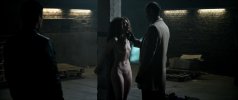

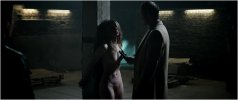



























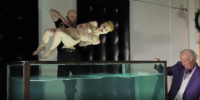
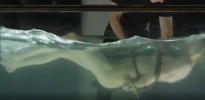











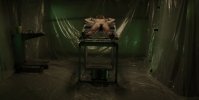






























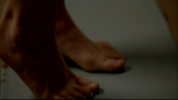
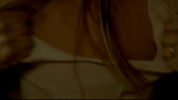



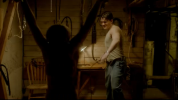
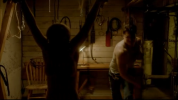
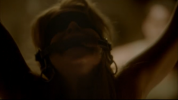

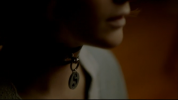
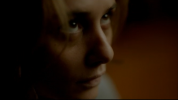

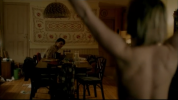
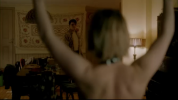
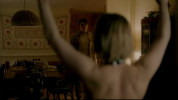
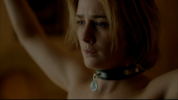



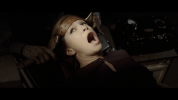



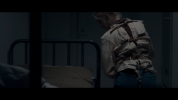
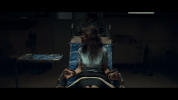
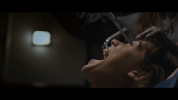

![[wonderful-marilyn-monroe.skyrock.com][816]3180224217112U9UOwOFz.jpg](/xf/data/attachments/1180/1180859-d4b7317358523d887fdbaeaf57f4d9f4.jpg)